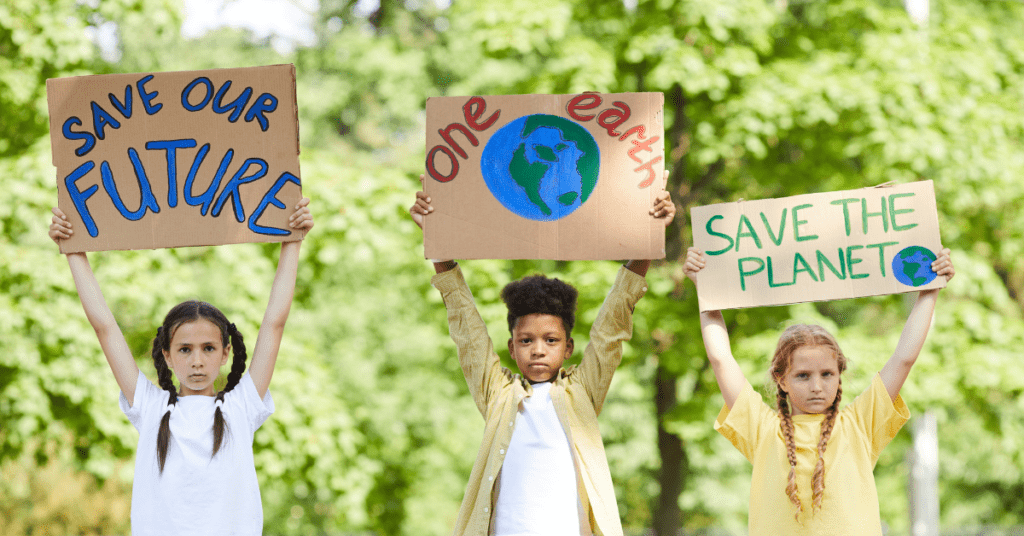Introduction
In a world filled with challenges and injustices, it’s easy to feel overwhelmed and powerless. But amidst the chaos, there are beacons of hope – non-governmental organizations (NGOs) working tirelessly to create positive change. From humanitarian crises to environmental disasters, NGOs are on the frontlines, making a difference in the lives of millions. In this blog post, we’ll explore the scope of NGO work, highlight some remarkable success stories, and examine the power of NGOs in driving social change.Let’s delve into the world of NGOs and uncover the incredible impact they have on our society. From providing aid to vulnerable communities to advocating for policy change, NGOs play a crucial role in shaping a better future for all. Join us on this journey as we celebrate the unsung heroes of the nonprofit sector and discover the power of collective action in creating a more just and equitable world.
The Scope of NGO Work
NGOs are incredibly diverse, with a wide range of focuses and specialties. Some of the most prominent types of NGOs include Human rights organizations that work to protect and promote human rights around the world.
Environmental organizations that focus on conservation, sustainability, and combating climate change.
Health organizations that provide medical care, education, and support to communities in need.
Development organizations that work to improve living conditions, infrastructure, and economic opportunities in developing countries.
Advocacy organizations that push for policy change and social justice on a variety of issues.
Emergency response organizations that provide aid and support in times of crisis and disaster.
- Human rights organizations, like Amnesty International and Human Rights Watch, which advocate for justice and equality worldwide.
- Environmental NGOs, such as Greenpeace and the World Wildlife Fund, working to protect our planet and its resources.
- Health-focused NGOs, like Doctors Without Borders and the Red Cross, providing critical medical care and support.
- Educational NGOs, such as the Malala Fund and Pencils of Promise, promoting access to quality education for all.
These organizations operate in various sectors and industries, from disaster relief to sustainable development. They often collaborate with governments, corporations, and local communities to amplify their impact. Their work is crucial in addressing global challenges and driving positive change around the world. By working together and leveraging their unique expertise and resources, these organizations are able to make a significant difference in the lives of people and the health of the planet.

Success Stories: NGOs in Action
Let’s take a look at some remarkable examples of NGOs making a real difference:
- Doctors Without Borders (MSF) has provided medical care to millions in conflict zones, refugee camps, and disaster-stricken areas.
- Greenpeace’s campaigns have led to significant environmental victories, including the protection of Antarctica and the reduction of single-use plastics.
- The Malala Fund has helped thousands of girls in developing countries access education, despite Taliban opposition.
- The Red Cross has responded to countless natural disasters, providing vital aid and support to affected communities.
Personal stories of individuals impacted by NGO work are just as inspiring:
- A young Syrian refugee, receiving medical treatment from MSF after being injured in a bombing.
- A Pakistani girl, empowered by the Malala Fund to pursue her education and become a teacher.
- A community in Africa, benefiting from clean water and sanitation projects implemented by WaterAid.
The Power of NGOs: Why They Matter
So, what makes NGOs so effective? Here are a few reasons:
- Flexibility: NGOs can respond quickly to crises and adapt to changing circumstances.
- Grassroots connections: NGOs often have deep roots in local communities, allowing them to understand and address specific needs.
- Advocacy: NGOs can raise awareness and push for policy changes, amplifying their impact.
NGOs fill critical gaps in government and private sector efforts, addressing issues that might otherwise be overlooked. They provide a platform for marginalized voices, promoting social justice and human rights.
Challenges Faced by NGOs
Despite their importance, NGOs face numerous challenges:
- Funding: NGOs rely on donations and grants, which can be unpredictable and insufficient.
- Bureaucracy: NGOs must navigate complex legal and regulatory frameworks, diverting resources from their core work.
- Political opposition: NGOs may face resistance or even violence from governments or interest groups opposed to their missions.
To overcome these challenges, NGOs have become increasingly innovative and resourceful:
- Crowdfunding and social media campaigns have democratized fundraising.
- NGOs are building coalitions and partnerships to amplify their voices.
- Digital technologies are enhancing advocacy, education, and service delivery.
Conclusion
Expanding on a topic involves providing more detailed information, examples, or explanations to further develop or clarify the subject. It can also involve exploring different aspects or perspectives of the topic to provide a more comprehensive understanding.
For example, if discussing the impact of climate change on the environment, expanding on this topic could involve delving into specific consequences such as rising sea levels, more frequent and severe natural disasters, loss of biodiversity, and changes in ecosystems. It could also involve discussing the role of human activities in contributing to climate change, potential solutions and mitigation strategies, and the importance of global cooperation in addressing this issue.
Overall, expanding on a topic allows for a more thorough exploration and analysis of the subject matter, helping to deepen understanding and provide a more nuanced perspective.
Additional Resources
- Notable NGOs and their websites:
- Doctors Without Borders ((link unavailable))
- Greenpeace ((link unavailable))
- Malala Fund ((link unavailable))
- Red Cross ((link unavailable))
- Articles, books, and documentaries on NGO work:
- “The New York Times” article on MSF’s humanitarian efforts
- “The Guardian” piece on Greenpeace’s environmental campaigns
- “I Am Malala” by Malala Yousafzai
- “The Humanitarian” documentary on NGO work in crisis zones
Explore Micro2media.com
- Move climate action forward faster together with 2024 Climate Ambition Accelerator
- Embrace the future of advertising, where your brand connects and engages with coffee lovers everywhere!
- Tech Titans for the Environment: IT’s Contribution to Preserving Our Planet

